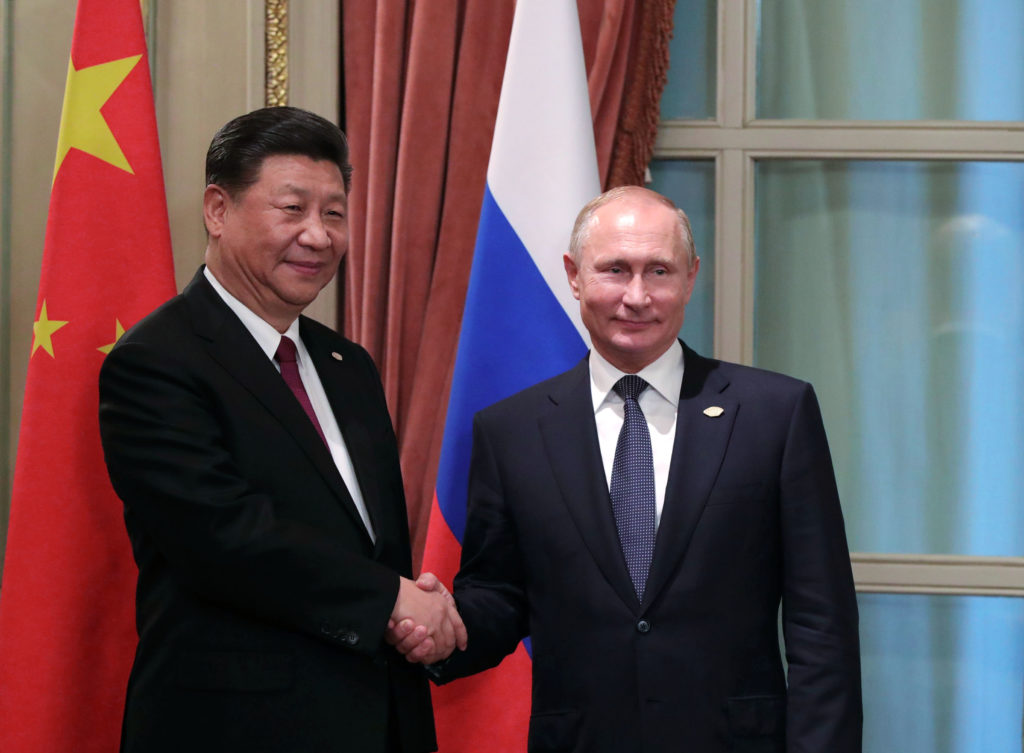World News / 28 June 2022
Pushing back on China and Russia

THE SQUIZ
The Group of Seven leaders are together in Germany for a 3-day summit, and they came out of the blocks strongly with a US$600 billion commitment to finance infrastructure in developing countries. If that sounds familiar, you’d be right – its job is to counter China’s Belt and Road Initiative (BRI) that President Xi Jinping launched in 2013 as his major platform to win foreign friends and influence people. Western leaders have some ground to makeup – the BRI has funded projects in more than 100 countries. The G7’s catchy ‘Partnership for Global Infrastructure and Investment’ – or PGII – will focus on projects in low and middle-income democratic nations to tackle climate change and improve health, gender equity and digital infrastructure. “I want to be clear. This isn’t aid or charity. It’s an investment that will deliver returns for everyone,” US President Joe Biden said yesterday.
WHAT’S THAT ABOUT?
It’s an acknowledgement from the leaders of some of the world’s most powerful countries that they’ve let nations that don’t share their values of democracy and freedom get away from them on the foreign affairs front. We’ve seen that play out close to home with the Solomon Islands and others in the Pacific doing deals with China – moves that threaten our security, experts say. The G7 meeting hasn’t just been about China – the other non-aligned nation that’s getting a lot of airtime is Russia. And whether it was posing for photos (where UK PM Boris Johnson suggested they get their pecs out to “show that we’re tougher than Putin” – spare a thought for the European Commission’s Ursula von der Leyen…) or discussing how to turn the economic and military screws on Russian President Vladimir Putin, the war in Ukraine isn’t far from G7 leaders’ minds.
WILL MORE BE DONE TO HELP UKRAINE?
That’s the plan – and for the long haul. That commitment includes purchasing more weapons/ammunition and further economic sanctions that inflict more pain on Russia’s economy. That’s what Ukrainian President Volodymyr Zelensky wants from the West – he addressed the meeting overnight and asked leaders to keep up the pressure, even though it’s hurting the global economy. Analysts say Russia’s economy is hurting – and it defaulted on its foreign-currency sovereign debt for the first time in a century. Russia has the money to make the $100 million payment that was due at the end of May and is willing to pay, reports say, but sanctions have made it impossible to get the sum to its international creditors. Analysts say it isn’t significant in and of itself, but it’s embarrassing and a sign that major financial trouble could be ahead…
Know someone who'd be interested in this story? Click to share...
The Squiz Today
Your shortcut to being informed, we've got your news needs covered.
Also Making News
Get the Squiz Today newsletter
Quick, agenda-free news that doesn't take itself too seriously. Get on it.
